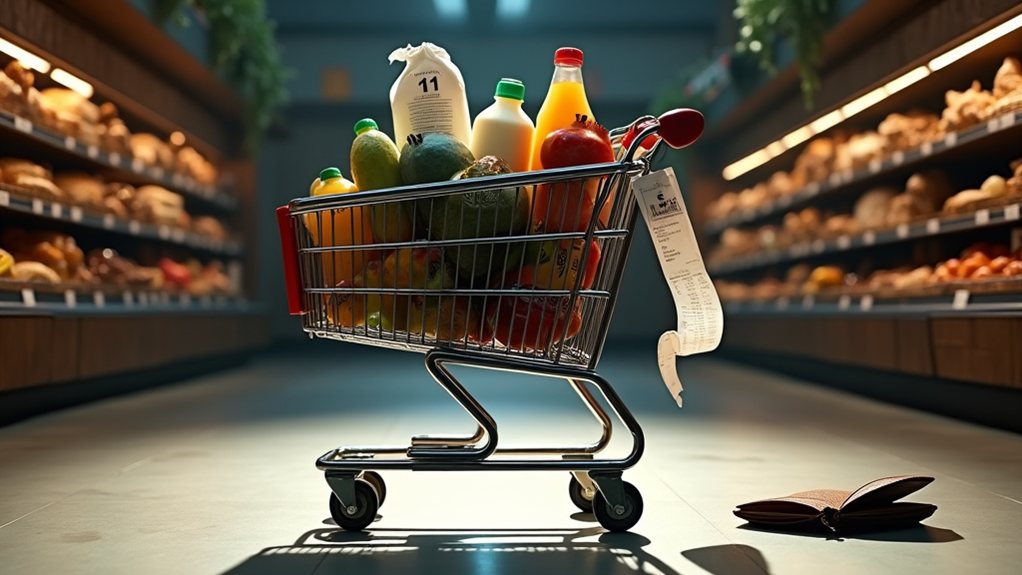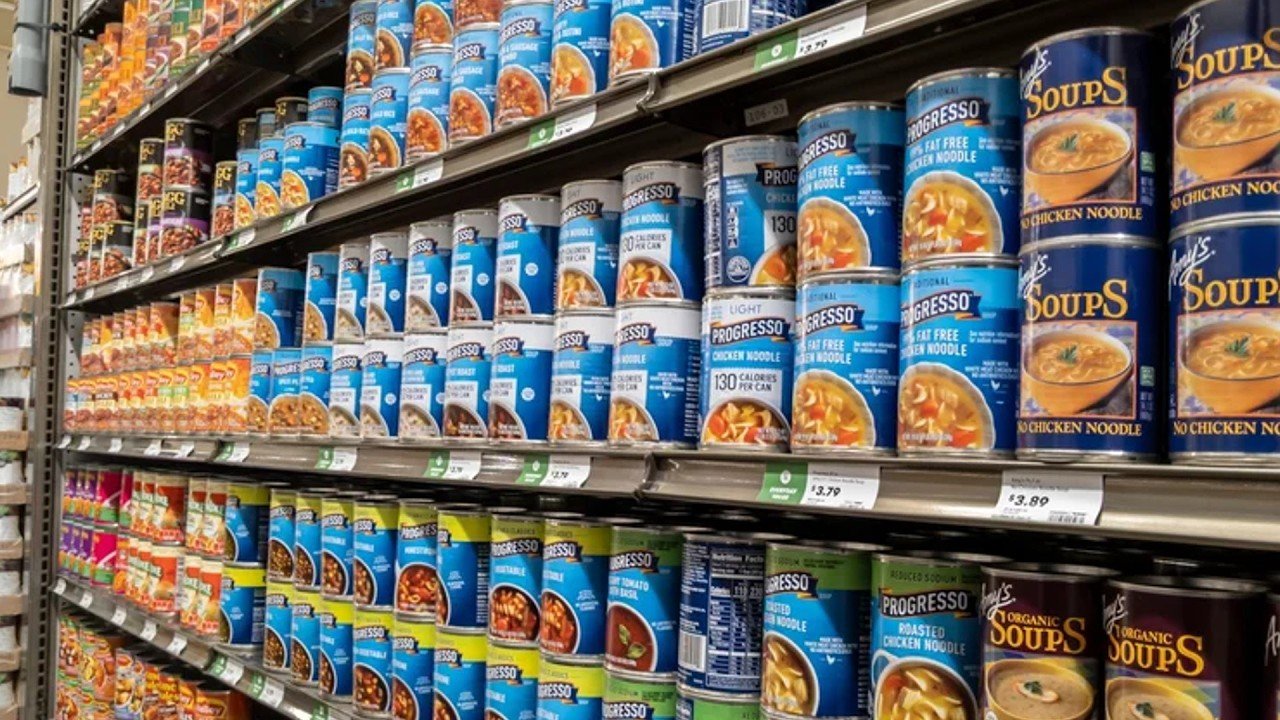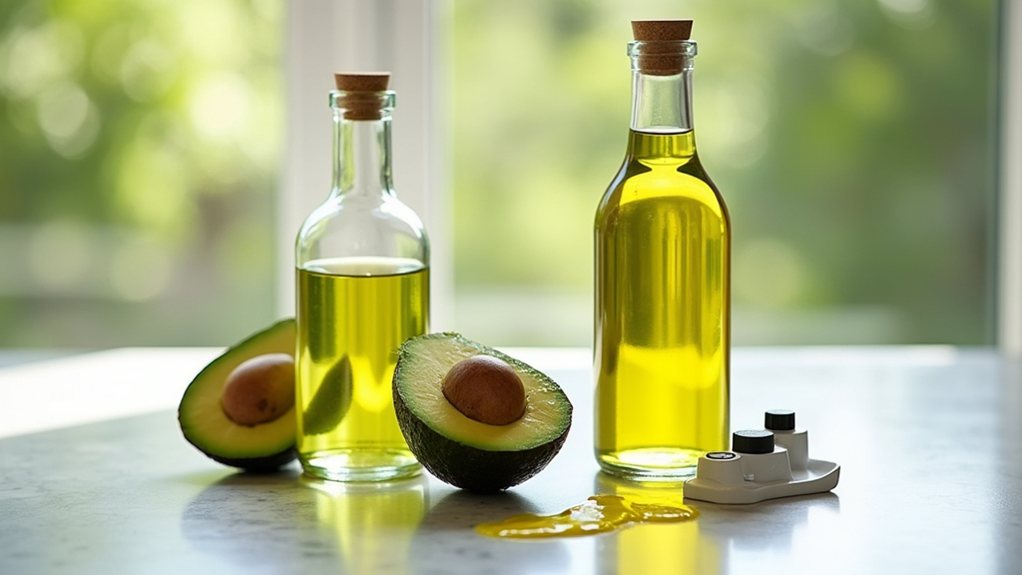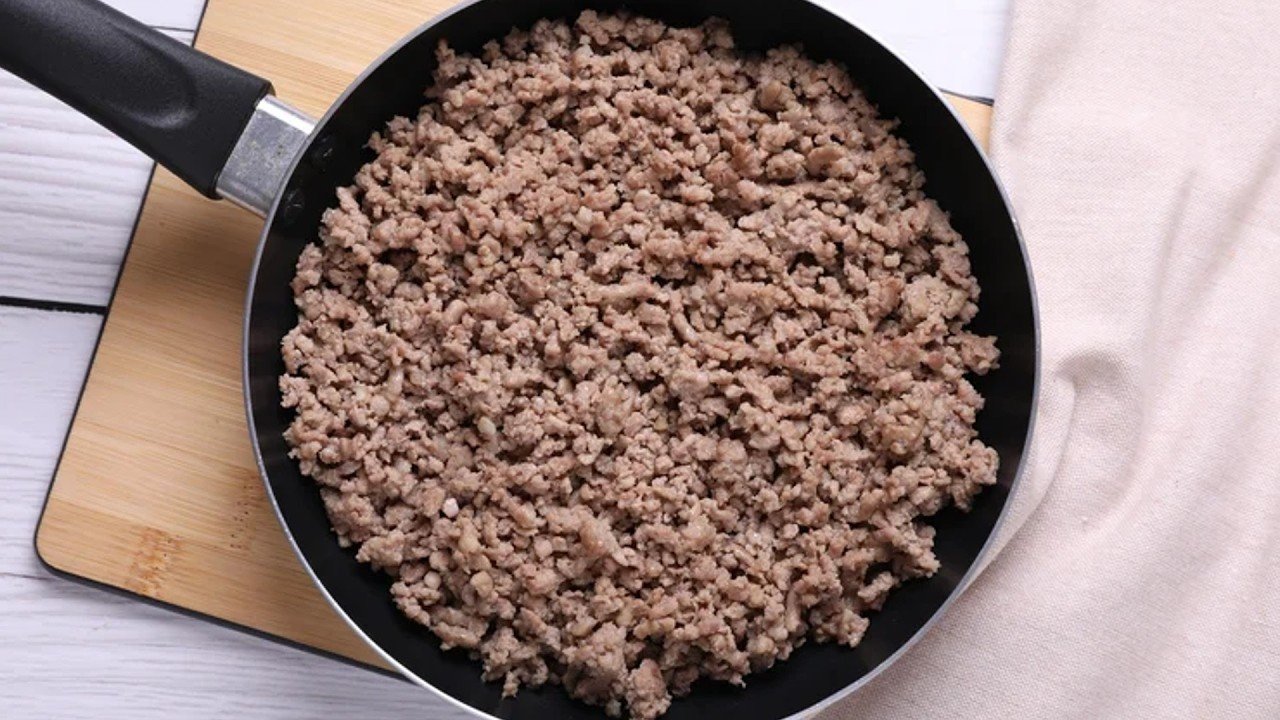Do dented cans need to be discarded? Canned foods, whether homemade or store-bought, provide reliable meals, but proper storage is key. Here’s a closer look at common mistakes and best practices to ensure your canned goods remain safe and delicious.
You might be tempted to stack multiple cans, but overloading can compromise their integrity. Similarly, keeping cans for over a year could affect their quality. Rotate your stock using a first-in-first-out method to manage freshness. Cleaning your pantry periodically helps maintain hygiene and spot potential issues early.
Dents in cans shouldn’t be ignored as they may cause contamination. Also, avoid exposing them to direct sunlight, which can alter the food’s quality. Store cans in a cool, dark place where conditions remain stable. When using home-canned goods, properly sterilize canning lids and avoid using older jars that may not seal effectively. Finally, removing the rings from canned goods before storing can prevent rust and ensure a longer shelf life.









